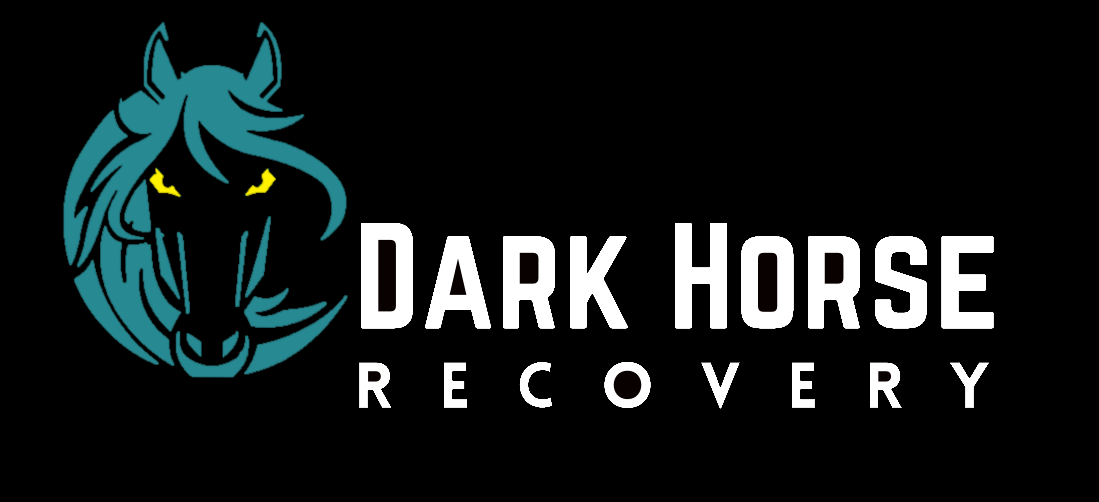Overview
Drug Addiction, also called Substance Use Disorder is a chronic, mental illness characterized by compulsive drug seeking and/or alcohol abuse. According to the Substance Abuse and Mental Health Services Administration (SAMHSA), substance use disorder (SUD) affects about 20 million people in the United States despite harmful consequences. People with substance use disorder intensely focus on using drugs or alcohol, to the point where it takes over their lives. They may give up important activities, such as work or school, to use drugs. SAMHSA defines substance use disorders (SUDs) as occurring when “the recurrent use of alcohol and/or drugs causes clinically significant impairment, including health problems, disability, and failure to meet major responsibilities at work, school, or home.” Substance use disorder is a serious problem that can lead to addiction and requires treatment.
Some people are more at risk for addiction than others. The speed with which you suffer from substance use disorder will vary depending on the type and strength of the drug, as well as how quickly your body builds up a tolerance to it (which means that in order to just maintain what’s considered “feel good” effects from taking one dose). Some drugs have been known to cause severe withdrawals when trying to stop using them- leading some users back into full-blown drug abuse despite their best intentions not wanting this fate! If we want our loved ones safe – let us help them find resources, so they don’t get stuck struggling alone.
Symptoms
There are many signs and symptoms of substance use disorders, but not everyone will experience all of them. The severity of symptoms depends on how much and often someone uses drugs. Some common signs and withdrawal symptoms include:
- Using more of the substance than intended or for longer periods of time than planned.
- Being unable to cut down or stop substance use.
- Spending a lot of time obtaining, using, or recovering from the substance.
- Strong cravings or urges to use the substance.
- Failing to meet work, school, or home obligations because of substance use.
- Continuing to use substances despite social or relationship problems caused by their use.
- Giving up important activities in order to use substances.
- Using substances in hazardous situations, such as driving while under the influence.
- Continuing to use substances despite knowing it’s causing physical or psychological problems.
Signs of unhealthy drug or alcohol use in family members or friends may include:
- Neglecting responsibilities at home, work, or school.
- Withdrawing from family and friends.
- Secretive or suspicious behavior.
- Changes in eating or sleeping habits.
- Drastic changes in mood or personality.
- Problems with the law.
Causes
There is no single cause of substance use disorder. Rather, it combines genetic, psychological, and environmental factors. People with substance use disorder may be more likely to have other mental disorders, such as anxiety or depression. They may also come from families with a history of substance abuse. Additionally, illicit drug use may be more likely to be exposed to other risk factors, such as poverty or violence.

Seeking Help
Despite what many people think, substance use disorder is a treatable condition. With the right kind of help and drug addiction treatment, people who suffer from addiction can learn to live productive and healthy lives. Treatment typically involves counseling, medication, and support groups. In some cases, people with substance use disorder may also need to detoxify their bodies before starting treatment. However, detoxification is only the first step on the road to recovery. Most people with substance use disorder will also need ongoing counseling and support to stay sober. But with the right kind of help, it is possible for people with addiction to achieve lasting recovery.
Dark Horse Recovery is a therapeutic behavioral health service dedicated to helping the underdogs transform, those who have been hurt and seek treatment when nothing else has worked. We provide an empowering environment in a residential setting where individuals can recover with meaningful community resources and personalized aftercare plans, so they feel confident in their ability to overcome challenges on this difficult journey of self-discovery called “recovery.”
If you want to get help or help others who are experiencing addiction, you may Contact Us via email at connect@dhraz.org or phone at 623-244-6079.


Recent Comments